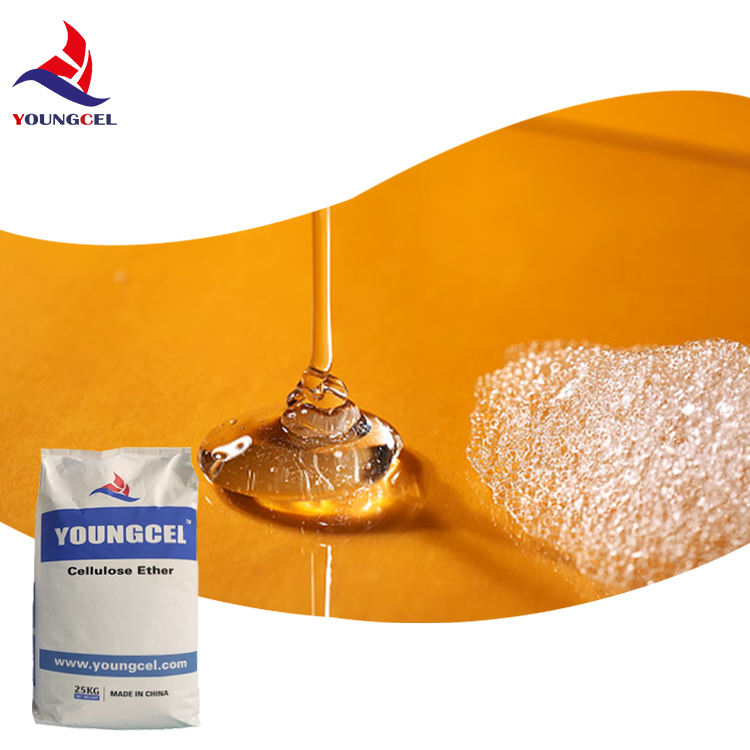Tylos HPMC A Versatile Polymer for Diverse Applications
Tylos HPMC, also known as Hydroxypropyl Methylcellulose, is a semi-synthetic polymer derived from cellulose. It has gained significant attention across various industries due to its unique chemical properties, adaptability, and the multitude of its applications. Understanding Tylos HPMC and its various roles can offer insight into how this compound is transforming sectors such as pharmaceuticals, food, cosmetics, and construction.
Chemical Properties and Structure
Chemically, Tylos HPMC is formed by modifying cellulose, which is a natural polymer found in the cell walls of plants. The hydroxypropyl and methyl groups introduce hydrophilicity and enhance its solubility in water. This modification not only affects the solubility but also modifies its gel-forming capacity, viscosity, and thermal stability. These properties make Tylos HPMC a versatile ingredient in numerous formulations.
Applications in Pharmaceuticals
In the pharmaceutical industry, Tylos HPMC is widely employed as a binder, thickening agent, and film-forming agent in tablet manufacturing. Its ability to form gels upon hydration is particularly useful in controlled-release formulations, where the drug is released at a predetermined rate. Furthermore, HPMC is often used in eye drop formulations, serving as a lubricant and providing moisture to the eyes. The biocompatibility and non-toxic nature of Tylos HPMC make it a preferred choice for many pharmaceutical applications, enhancing both safety and effectiveness.
Role in Food Industry
tylos hpmc

Tylos HPMC finds extensive use in the food industry as a food additive and emulsifier. It helps maintain the texture and consistency of various food products, from sauces to baked goods. Its thickening properties are essential in producing gluten-free products, giving them the necessary structure without compromising taste. Moreover, HPMC is often used in low-fat and reduced-calorie foods, as it can mimic the creaminess and texture of fats without adding calories. The stability it offers under varying temperatures and pH levels further enhances its utility in food formulations.
Impact on Cosmetic Formulations
In the cosmetic and personal care industry, Tylos HPMC acts as a thickening and stabilizing agent in creams, lotions, and gels. Its ability to create a smooth, silky texture improves the overall application experience. It is also an effective film former, which can enhance the wear-time of products such as sunscreens and hair gel. Additionally, in some formulations, HPMC can help control the release of active ingredients, thereby improving the efficacy of skincare products.
Contribution to Construction Materials
The construction sector has also started to recognize the benefits of Tylos HPMC, particularly in the formulation of mortars and cement-based products. Its water-retaining properties allow for prolonged workability, enabling better adhesion and improved finish quality. Tylos HPMC can help reduce the possibility of cracking and improve the durability of construction materials, making it invaluable for modern building techniques.
Conclusion
In summary, Tylos HPMC stands out as a multifaceted polymer with diverse applications across numerous industries. Its beneficial properties, such as water solubility, gel-forming ability, and biocompatibility, make it an essential ingredient in pharmaceuticals, food, cosmetics, and construction. As research continues to unveil new potential uses and formulations, Tylos HPMC is poised to grow further in significance, contributing to innovations that enhance product performance and consumer experience. Whether in your medicine cabinet, kitchen pantry, or construction site, this versatile compound plays a crucial role in today’s world.
-
Rdp Powder: Key Considerations for Wholesalers in the Building Materials IndustryNewsJul.08,2025
-
Key Considerations for Wholesalers: Navigating the World of Hpmc - Based ProductsNewsJul.08,2025
-
Hpmc Detergent: Key Considerations for WholesalersNewsJul.08,2025
-
Key Considerations for Wholesalers: China Hpmc For Tile Adhesive, Coating Additives, Concrete Additives, and MoreNewsJul.08,2025
-
Crucial Considerations for Wholesalers: Navigating the World of Construction MaterialsNewsJul.08,2025
-
Key Considerations for Wholesalers Sourcing Additive For Cement, Additive For Concrete, Additive For Putty from Additive Manufacturer Shijiazhuang Gaocheng District Yongfeng Cellulose Co., Ltd.NewsJul.08,2025




